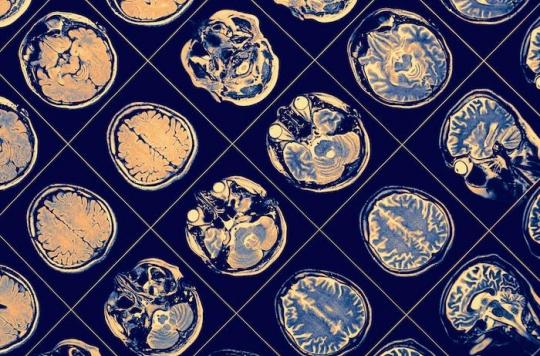One of the first “big data” analyzes shows that chronic inflammation would increase the risk of Parkinson’s disease and that anti-inflammatory treatment would reduce it.

A new study published in JAMA Neurology used “big data” to demonstrate, on the one hand, that the risk of Parkinson’s disease is 28% greater in cases of chronic inflammatory bowel disease and that, on the other hand, a reduction of 78% The risk of Parkinson’s disease is observed in people treated with a very powerful anti-inflammatory drug for this digestive inflammatory disease, an anti-TNF alpha. These results are consistent and extend the epidemiological data available to date.
A more than probable association
People who suffer from chronic inflammatory bowel disease, and in particular ulcerative colitis, have a higher risk of Parkinson’s disease, on the one hand because inflammation is a proven trigger for Parkinson’s disease. ‘secondly because there are genetic abnormalities common to both diseases, in particular on multifunction genes such as “leucine-rich repeat kinase 2” (LRRK2), which are strongly present in the Ashkenazi community.
A big data study
Despite the well-established genetic and pathophysiological links between inflammatory colon disease and Parkinson’s disease, clinical data demonstrating the reality of a relationship between these two conditions did not exist. Indeed, the number of patients to be recruited in a study to demonstrate it scientifically would be too large.
Based on an analysis of “Big data”, involving 170 million people, researchers at Mount Sinai Hospital in New York have succeeded in demonstrating these two links.
Researchers from @BrighamWomens discuss discovering new benefits from old drugs with big data. Read more https://t.co/IqFyca9W1B pic.twitter.com/5Ojt3oTKpz
– JAMA Neurology (@JAMANeuro) April 24, 2018
Data that remains observational
The scientific community as a whole is very excited, both by this reversible association “chronic inflammation and Parkinson’s”, which opens up new perspectives, but also by the method which led to this discovery.
The Big data analysis carried out for this study shows that this type of analysis can lead to very rapid therapeutic progress, in particular to explore the possible benefits of old drugs in diseases other than those for which they have been authorized. marketing. According to the editorial which is attached to this study, Big data is a future “gold mine”.

.
















